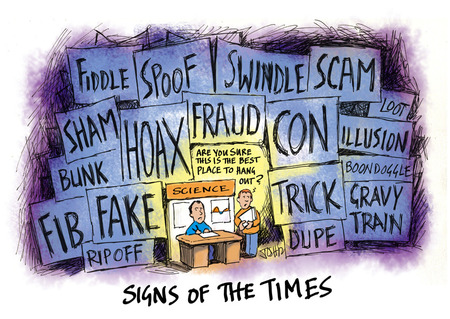 Bishop Hill
Bishop Hill Madrid, 1995 - the story continues
 Jul 17, 2012
Jul 17, 2012  Climate: IPCC
Climate: IPCC  Climate: Models
Climate: Models A few months ago I linked to the first part of Bernie Lewin's history of the shenanigans around the IPCC's second assessment report. Bernie has now published a long, two-part post examining the science behind the controversial detection and attribution sections of the report: Part one and Part two.
Could this really be it? The first faint image of man in the sky?
Ben Santer had just placed a transparency under the lens to project this colour pattern high upon the conference wall. It was the first afternoon of the Working Group 1 Plenary in Madrid, and this great council of nations from across the entire globe was persuaded to study the significance of its strange contours before getting down to their principle task. And so they should study it, for this is a game-changer striking at the nub of what the IPCC is all about. Although obscure, here is an image of the impact of human industry on the atmosphere above. At least part of the recent warming had at last been attributed to industrial emissions. If not for this, then why these near one hundred delegations flown in from all corners of the globe? There they were carefully positioned at arched rows of labelled bureaus across this cavernous auditorium. As they listened to live translations of Santer’s explanation, not a few of them must have gazed up in wonder: Could this really be what man hath wrought?










